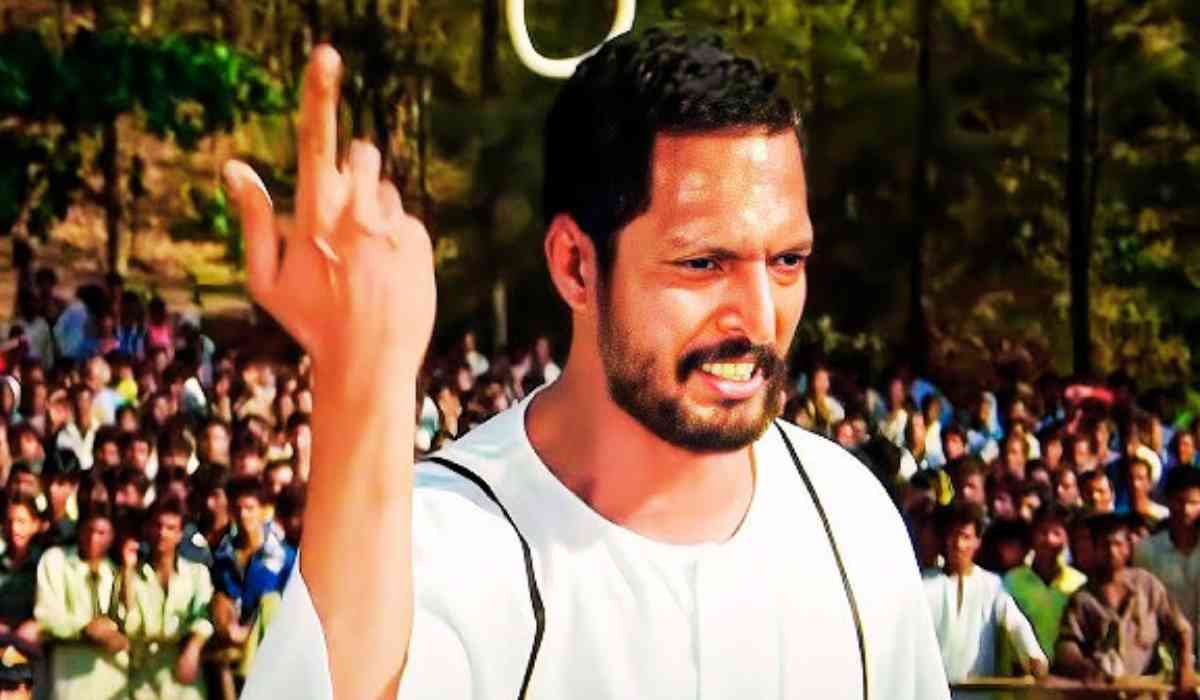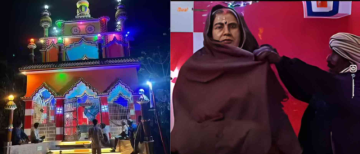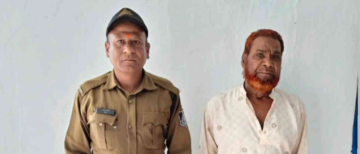India, the world's largest democracy, is ironically suffering from a silent epidemic. Not of disease or disaster, but of disinterest. Of apathy. Of a citizenry that is largely unbothered, conveniently ignorant, or too caught up in Instagram reels to care about bridges collapsing, trains derailing, or cities flooding. Welcome to modern India, where the silence of the masses is deafening – and it's killing the nation, slowly but surely.
Let’s get one thing straight: India is not short of problems. From inadequate infrastructure to skyrocketing unemployment, from a crumbling healthcare system to underfunded schools, the list reads like a tragic novel that just won't end. And yet, somehow, there is an eerie calm in the streets. No protests (unless it's election season or involves religion), no loud demand for change, and certainly no mass movement that questions those in power. We, the people, seem to have mastered the art of shrugging and scrolling away.
The Spectator Middle Class
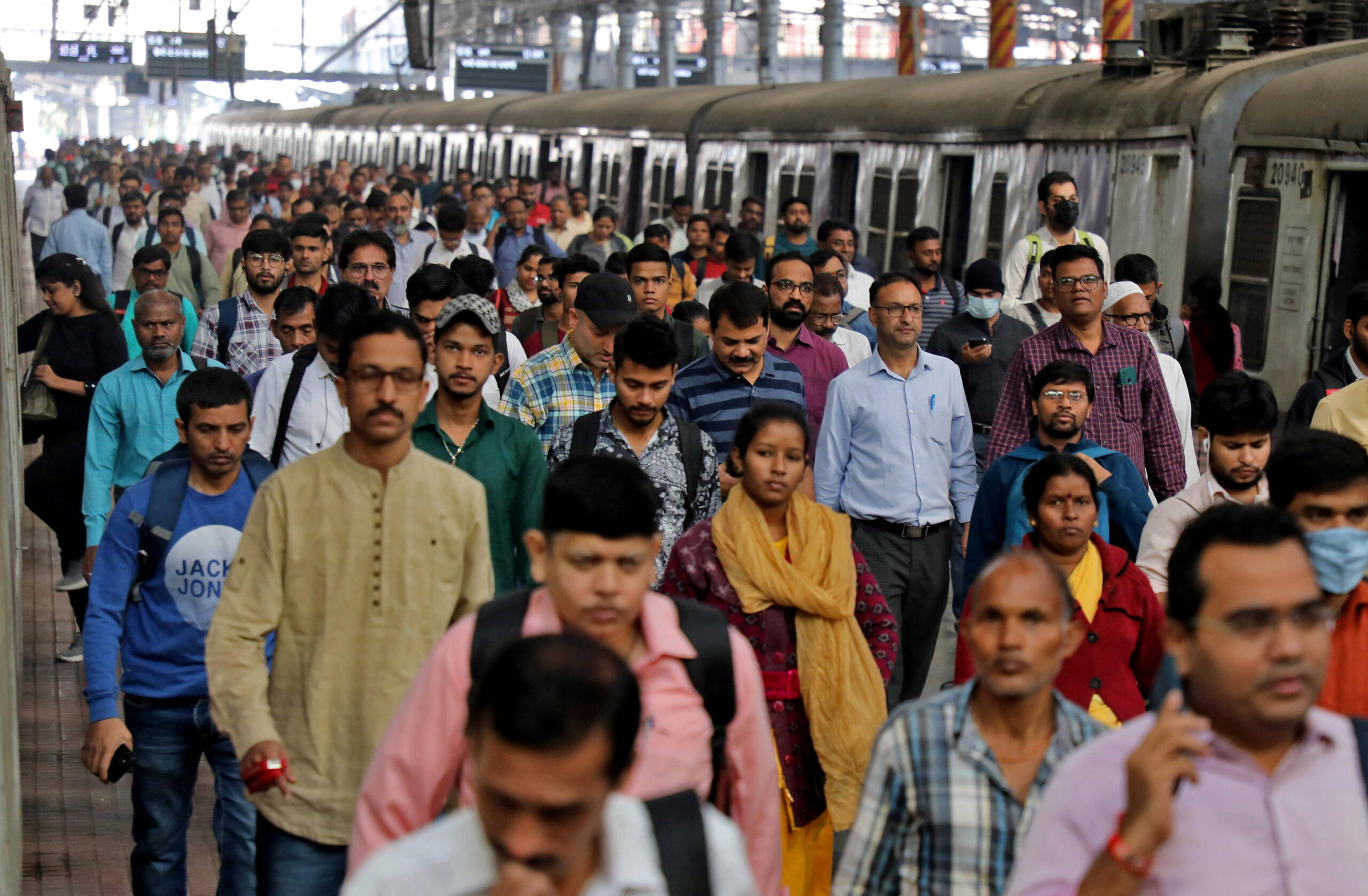
The urban middle class, often touted as the backbone of a thriving economy, has surprisingly become one of the biggest culprits of this apathy. They complain about potholes while sipping Starbucks. They tweet about corruption from the comfort of their AC rooms but won’t step out to vote. They scream about "too much tax" but fail to demand where the money actually goes.
Democracy requires participation, but we’ve reduced it to a one-day affair of voting (if at all). Many don't even bother with that. With each passing election, the voter turnout in urban centers is sinking like a stone in the Ganga. The logic? "My vote doesn’t matter." It’s a convenient excuse to do nothing and expect everything.
Politics of Distraction

Meanwhile, political parties have evolved into professional distractors. Instead of fixing potholes or hospitals, they invest in PR firms and IT cells. Instead of providing public services, they focus on polarizing people with religion, caste, and language. Because why build a bridge when you can build a narrative?
Let’s be honest. It’s much easier to ignite a fight over history textbooks or movie dialogues than to answer for failing infrastructure or rising prices. And we, the people, fall for it every single time. We fight over whether a Mughalsarai should be renamed, while ignoring that the trains still run late, the stations still stink, and passengers still die in accidents.
Silence in Suffering
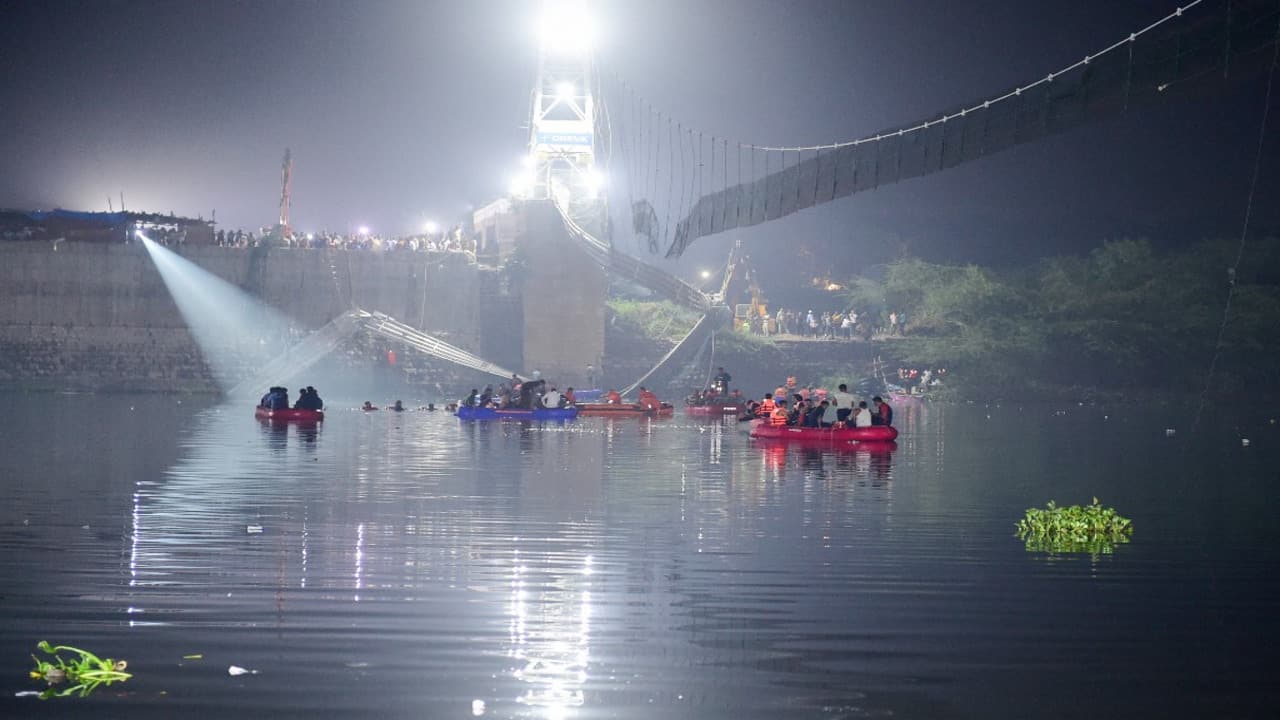
In a country where a bridge can collapse and kill dozens, and yet life goes on with barely a whisper, you start to wonder – how numb have we become? When children die due to lack of oxygen in government hospitals, when rape cases rise and convictions fall, when lakhs of students take exams for a few hundred jobs, the collective response is a short-lived outrage followed by collective amnesia.
We’ve become so used to suffering that it barely moves us anymore. Tragedy has become routine, and outrage has been replaced with resignation. And this numbness is dangerous. It tells leaders that they can get away with anything – because no one will hold them accountable.
Education and Clean Water? What Are Those?
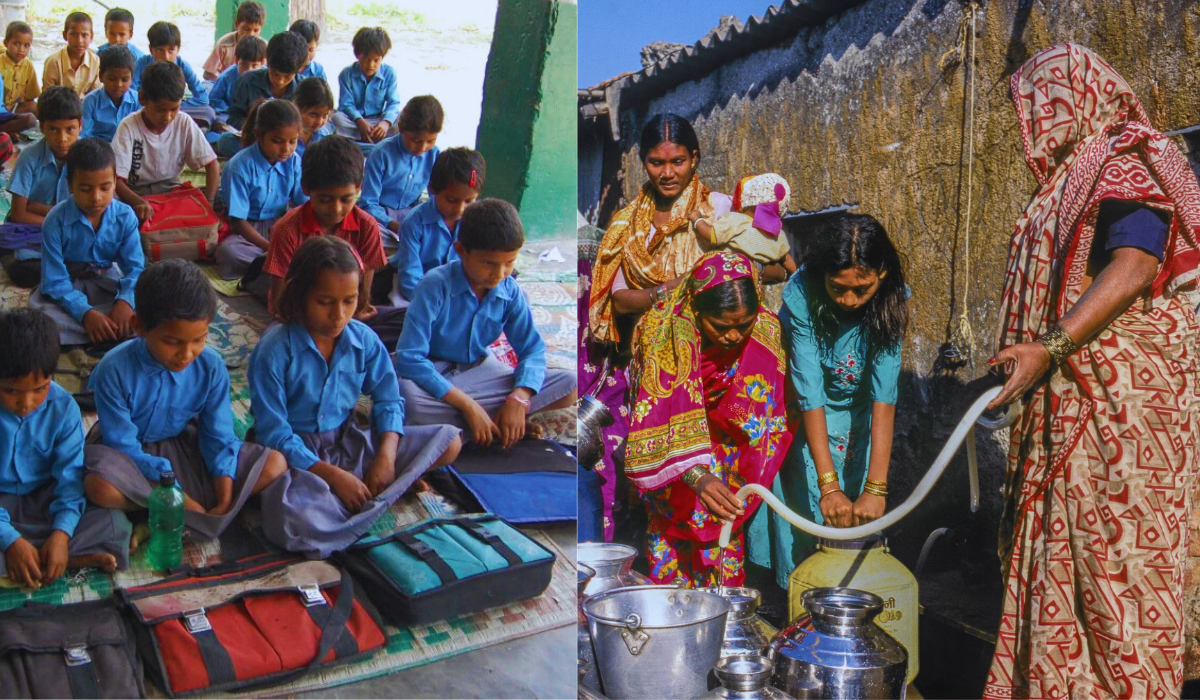
Let’s talk about the basics – things that a functional country should be able to provide. Like clean drinking water. Safe roads. Proper schooling. Good hospitals. You know, the boring stuff that doesn’t trend on Twitter.
Instead, we have rivers filled with toxic foam, school buildings without toilets, and hospitals where people die waiting for treatment. In many parts of the country, drugs are more accessible than clean water. Addiction is growing, especially among the youth, and yet no one seems to think this is a crisis. Maybe because it’s easier to blame the West, Netflix, or liberal values than to fix what’s broken at home.
The Great Indian Divide
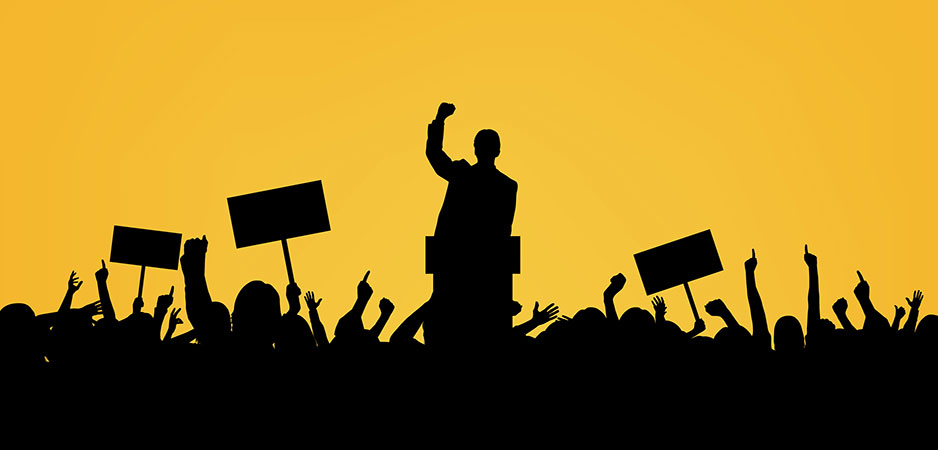
Religion, caste, region, language – the usual suspects. Our unity in diversity has become division in disguise. Politicians know this well. They use it to their advantage, keeping people busy fighting each other so they don't unite and question power. It’s an old trick, but an effective one.
So while citizens argue over Hindi vs. Bengali, or North vs. South, the political elite quietly enjoys uninterrupted privileges. Lavish houses, VIP security, free flights, subsidized canteens – all paid for by you and me. Yes, the same middle class that whines about petrol prices but cheers for politicians who spend crores on statues.
The Great Disconnect
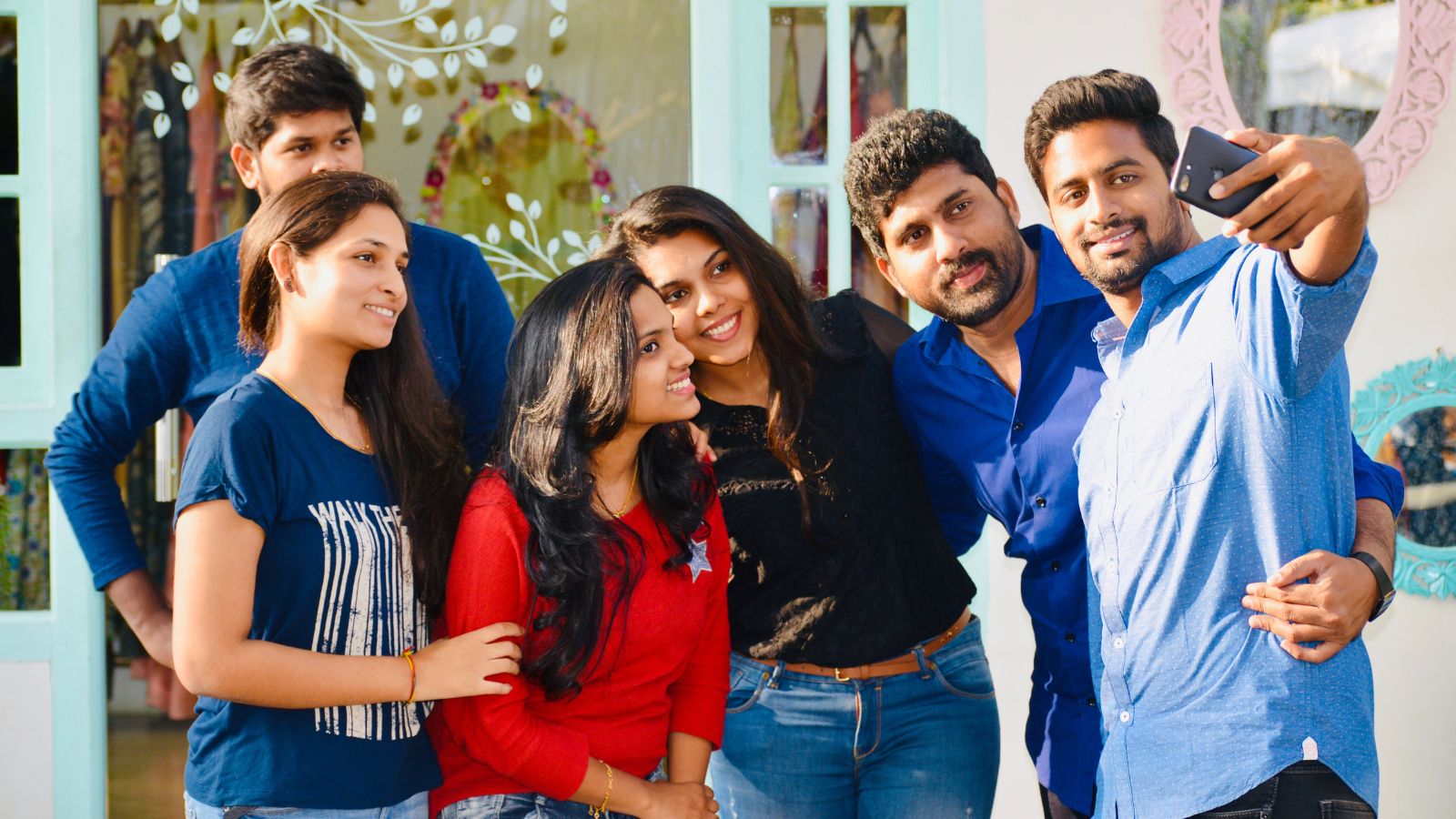
There is a growing feeling of alienation among young Indians. Many believe that no matter what they do, nothing changes. This disillusionment is pushing people away from civic engagement. Instead of fighting for change, they escape into fantasy worlds of OTT shows, cricket matches, or Canada dreams.
It’s hard to blame them. After all, what does one do when their vote doesn’t seem to matter, their protests are crushed, and their future feels uncertain? But escape is not the answer. Indifference only strengthens those in power. Silence only emboldens corruption.
Wake Up Before It's Too Late
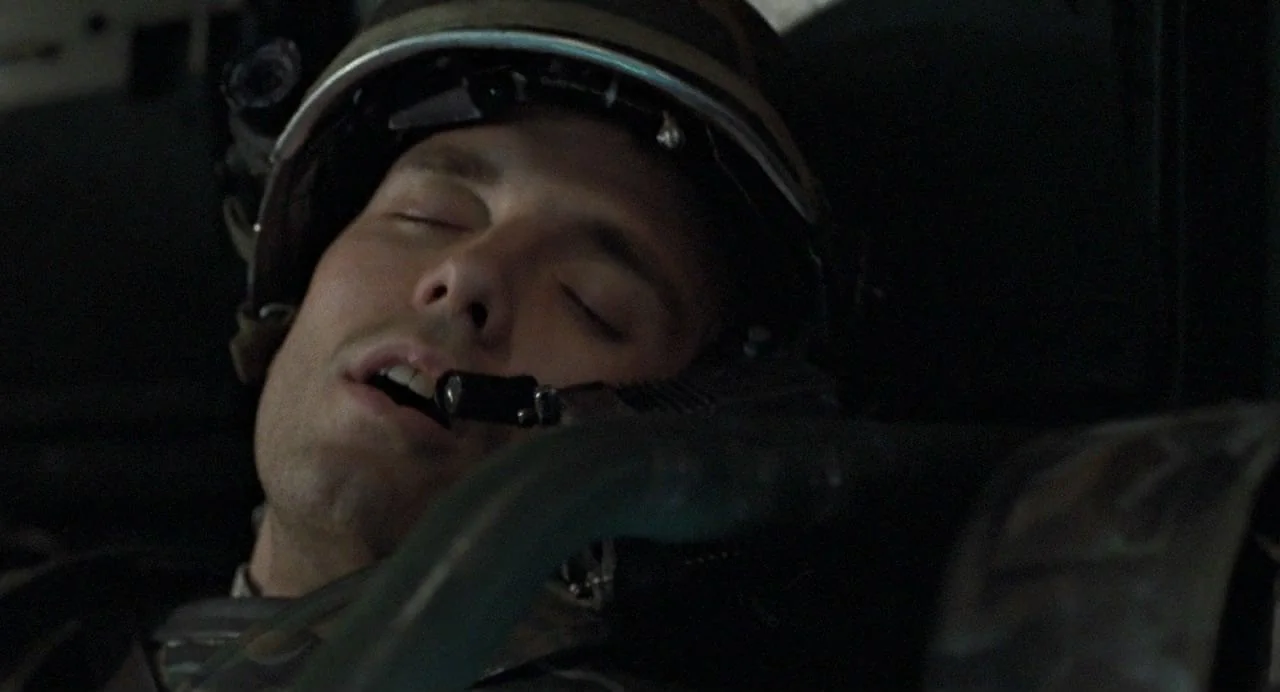
The danger of a "dead citizenry" is not just inaction. It's the long-term risk it poses. A democracy without active citizens is just an illusion. If people stop caring, leaders stop serving. If people don't demand, policies won't deliver. Eventually, civil unrest will erupt – because you can ignore problems for only so long before they explode.
India doesn't need more followers. It needs more questioners. More doers. More citizens who see beyond WhatsApp forwards and election-time freebies. The change won’t come from a messiah or a miracle. It will come when ordinary people decide that enough is enough.
The Joke's on Us
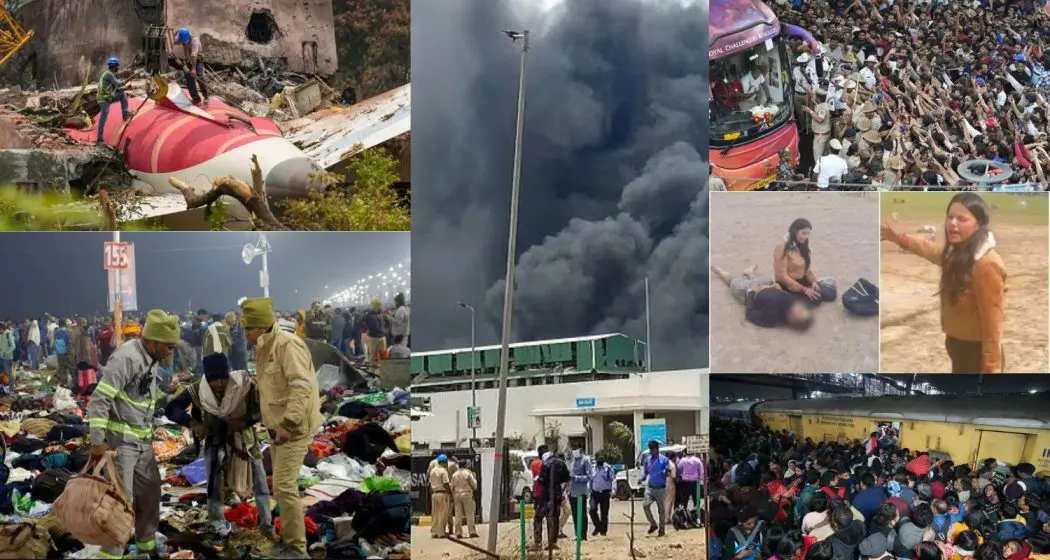
India often boasts of being an ancient civilization with a young population. But what good is a youthful nation if it lacks the spirit to stand up? What pride is there in having the world's biggest democracy if the people in it act like passive spectators?
We share jokes about politicians, complain in Ubers, post patriotic reels, and call it activism. We think lighting candles for soldiers and hashtags for victims is enough. But it’s not. Real change needs real action. Not just online, but offline. On the ground. In the streets. In our choices.
Until then, the joke’s on us. And it’s not a funny one.
So here’s a suggestion – the next time you see something broken, don’t just click a photo for Instagram. Raise your voice. Organize. Question. Participate. Because in a democracy, silence is not golden. It's fatal.
With inputs from agencies
Image Source: Multiple agencies
© Copyright 2025. All Rights Reserved Powered by Vygr Media.

